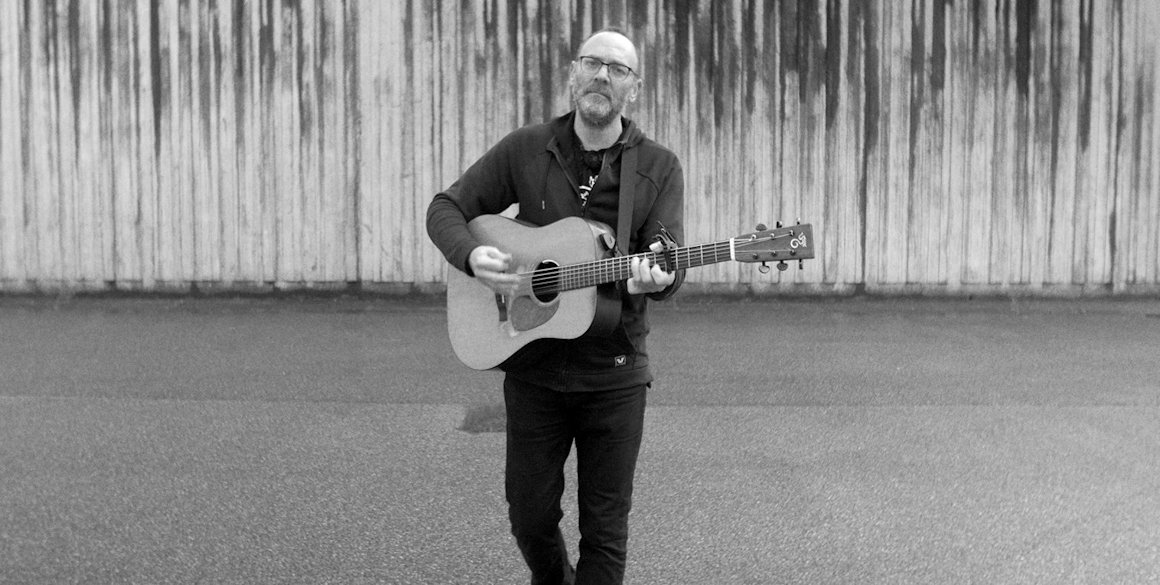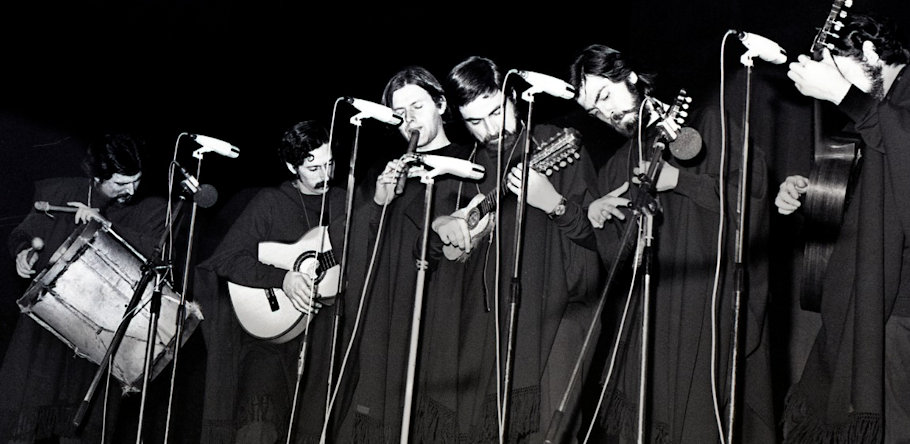Grassy Narrows music video goes viral
A music video written and performed by teenagers from Grassy Narrows First Nation in Ontario has gone viral, with upwards of 500,000 views. “Home to Me” was released this spring by N’we Jinan, a mobile music studio that seeks to give voice to First Nations communities. It was founded by Montreal musician David Hodges and Joshua Isherhoff, former Grand Chief of the Cree Nation Youth Council of Quebec. Performers from the video were in Toronto in June for a Grassy Narrows rally at Queen’s Park. In the 1960’s, Reed Paper dumped 10,000 kilograms of mercury into the English-Wabigoon river system. It was never cleaned up. Today Grassy Narrows is further threatened by government-approved clear-cutting, which only exacerbates the mercury poisoning problem. A recent report commissioned by the Government of Ontario concluded that an unknown source of mercury is still leaking into the water system, and calls for action to bring the mercury count down to safe levels. In response, the Wynne Government dispatched cabinet ministers to Grassy Narrows, but so far no funds have been allocated to implement the report’s recommendations. Look for “Home to Me” on YouTube and visit http://freegrassy.net
Cubanacán: A Revolution of Forms
DVDs of the first new Cuban opera in 50 years have been sent to American promoters in hope of attracting interest in a U.S. production. “Cubanacán: A Revolution of Forms”, with music by Cuban composer Roberto Valera, and libretto by American writer Charles Koppelman, premiered in Havana in 2015. The story is based upon the 1998 book, “Revolution of Forms: Cuba’s Forgotten Arts Schools” by John Loomis. In 1961, Cuban architect Ricardo Porro was commissioned to build arts schools at the Havana Country Club. They were left unfinished because the U.S. embargo forced the Cuban government to make tough decisions about the allocation of resources. Nevertheless, the schools have been in continuous use since opening in 1965, and have produced many of Cuba’s finest artists. In an early scene, Fidel and Che are playing golf at the newly-nationalized country club. Fidel proposes turning the club into a peoples’ art school. There’s a flashback to Porro in exile, determining to return and make his contribution to the new Cuba. Therein lies the tale, as the clash between artistic dreams and political realities halts construction of the schools. Judging by the reviews of last year’s production, there should be considerable interest when Cubanacán finally arrives in North America. See the trailer at www.cubanacanopera.com
Four Tenors all-star game fiasco
When The Canadian Tenors, a Juno-winning vocal quartet that purveys operatic pop music, signed on to perform “O Canada” at the major league baseball all-star game in San Diego on July 12, they surely considered the gig another feather in their cap. But it turned into a disaster after singer Remigo Pereira, without consulting his bandmates, substituted the words “all lives matter” into a portion of the Canadian anthem. Next day, Sandy Hudson, co-founder of Black Lives Matter Toronto, described Pereira’s action as “an attempt to undermine the rallying cry of Black Lives Matter.” The phrase “all lives matter”, she said, “comes from people who feel threatened by black people demanding justice in their communities”. Pereira denied that he was making a political statement, while the other members of the group called his act “shameful” and suspended him. The apologies proffered so far have been for altering Canada’s “sacred national anthem” and for expressing “political views”. It’s unclear whether any of them understand why the phrase “all lives matter” is racist. The phrase implies that all lives are equally at risk, despite the obvious truth that black people are more likely to be killed by police.
Dave Swarbrick 1941-2016
English fiddler Dave Swarbrick, a key figure in U.K. folk music for more than 50 years, died on June 3rd. He’s best remembered for the central role he played in the band Fairport Convention, which launched the U.K. folk-rock movement with its album Liege & Lief in 1969. He remained a prolific, and much-loved, musician for the rest of his life, despite a host of setbacks, including emphysema and a double lung transplant. Swarbrick was an apprentice printer when the U.K. folk revival in the late fifties beckoned him to the life of a full-time musician. By the early sixties he’d recorded with the most important figures in U.K. folk music: A.L. Lloyd, Ewan MacColl, and Peggy Seeger. In 1967 he collaborated with guitarist Martin Carthy on a series of acclaimed albums, including Byker Hill (1967), and in later years, he released three albums with socialist singer-songwriter Alistair Hulett. In all, Swarbrick appeared on some 165 albums. Curious newcomers to this artist are advised to check out his anti-war anthem “Sloth” from the 1970 Fairport Convention album “Full House”. Farewell Swarb!




